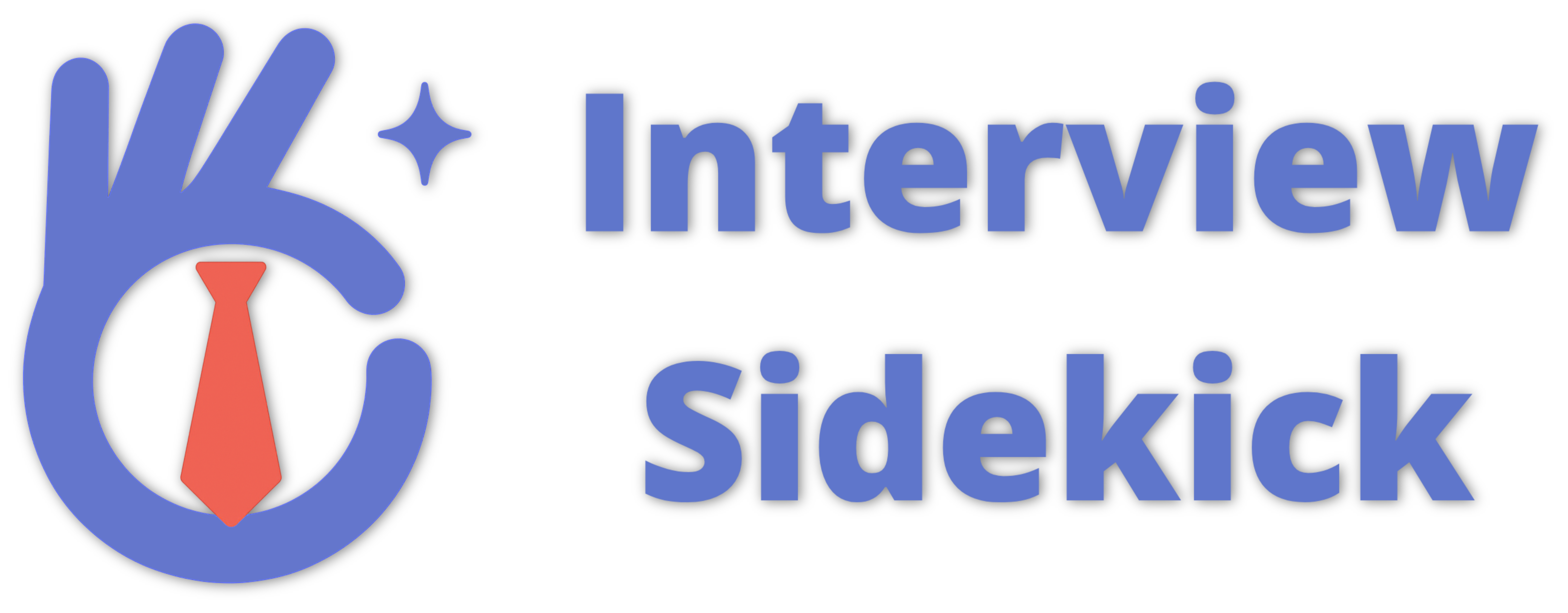Game Developer Interview Preparation (Step-by-Step Guide with Tips and Examples)

Feeling overwhelmed by the vast world of game development? You’re not alone. Mastering game engines, physics, AI, and performance optimization can be challenging, but a structured roadmap will help you stay on track and boost your confidence.
Overcoming Common Interview Prep Pain Points
Too Many Technologies: Choosing between Unity, Unreal Engine, or custom engines can be confusing.
Graphics & Performance Optimization: Balancing visual quality with performance is complex.
Physics & AI Complexity: Understanding game physics and AI behavior requires both theory and practice.
Lack of Real-World Projects: Employers prefer candidates with hands-on experience.
Time Constraints: Preparing while managing daily responsibilities is tough.
Your 4-Week Preparation Roadmap
A structured, week-by-week plan will help you cover all critical topics.
Week 1: Master Game Engines & Programming Basics
Focus: Unity, Unreal Engine, and core programming skills.
Daily Goals:
Day 1: Learn the basics of Unity and Unreal Engine (choose one or explore both).
Day 2: Master C# (for Unity) or C++ (for Unreal).
Day 3: Work on game object creation, movement, and interactions.
Day 4: Study input handling, UI elements, and basic animations.
Day 5: Explore scene management and game loops.
Day 6: Build a simple 2D or 3D mini-game.
Day 7: Review key concepts and debug your project.
Tip: Be prepared to explain the differences between Unity and Unreal Engine in interviews.
Week 2: Dive into Game Physics & AI
Focus: Game physics, collision detection, and artificial intelligence.
Daily Goals:
Day 1: Understand rigid body physics, collisions, and forces.
Day 2: Learn about raycasting and physics materials.
Day 3: Explore pathfinding algorithms (A*, NavMesh).
Day 4: Study enemy AI behavior (state machines, decision trees).
Day 5: Implement a simple AI-driven character.
Day 6: Debug physics and AI-related issues in your game.
Day 7: Review AI interview questions and best practices.
Tip: Interviewers may ask you to implement a basic pathfinding algorithm, so practice coding A.*
Week 3: Graphics, Rendering, and Performance Optimization
Focus: Shaders, rendering pipelines, and game performance.
Daily Goals:
Day 1: Learn about game rendering pipelines and lighting techniques.
Day 2: Explore shaders (HLSL for Unity, GLSL for OpenGL, Material Editor for Unreal).
Day 3: Optimize game performance (LOD, culling, batching).
Day 4: Study GPU vs. CPU optimization techniques.
Day 5: Implement post-processing effects (bloom, motion blur).
Day 6: Debug rendering issues and performance bottlenecks.
Day 7: Review real-world case studies of game performance improvements.
Tip: Be prepared to explain how to optimize a game for low-end devices.
Week 4: Game Architecture, Behavioral Interviews, and Mock Sessions
Focus: System design, problem-solving, and interview practice.
Daily Goals:
Day 1: Study game architecture patterns (Entity Component System, Singleton).
Day 2: Review behavioral interview questions using the STAR method.
Day 3: Record yourself answering common technical and behavioral questions.
Day 4: Design a multiplayer game system (client-server model, networking basics).
Day 5: Participate in a mock interview with a peer or mentor.
Day 6: Review industry trends (VR, AR, procedural generation).
Day 7: Relax, visualize your success, and get ready for your interview.
Tip: Be ready to discuss past projects, challenges faced, and how you solved them.
Bringing It All Together
By following this roadmap, you’ll be fully prepared for your Game Developer interview.
Break It Down: Focus on one topic at a time to avoid getting overwhelmed.
Hands-On Learning: Build mini-games to practice concepts.
Use the Right Tools: Master debugging tools like Unity Profiler and Unreal Insights. Practice with interactive resources.
Stay Confident: Your structured approach and preparation will set you apart.
Start preparing today and take a step closer to your dream game development role!
